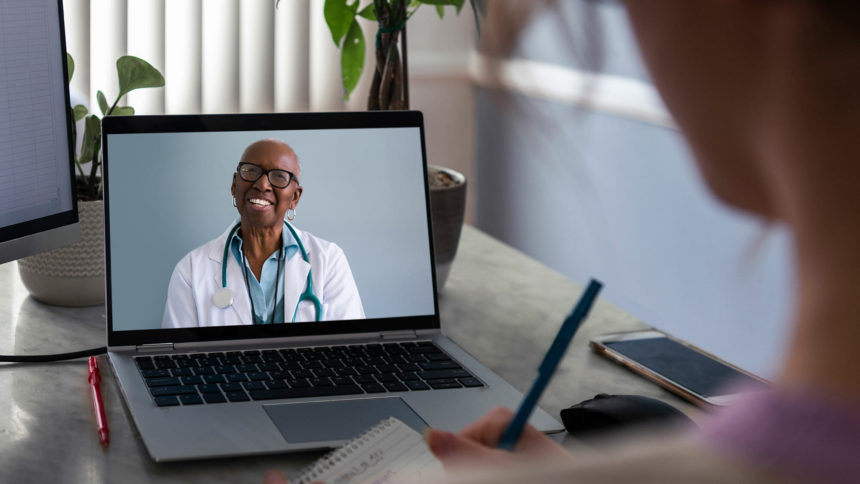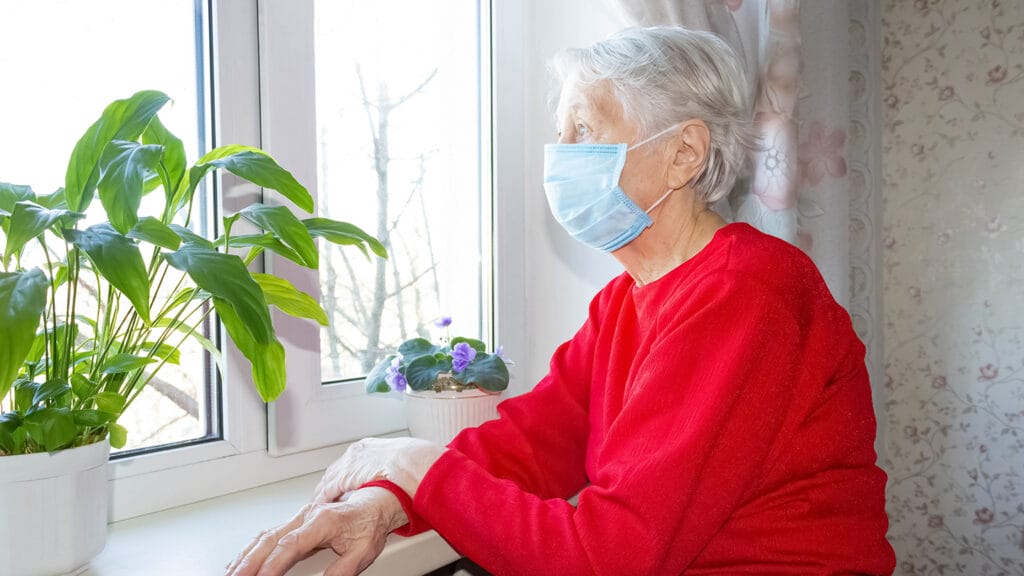
A study about the ways to improve hypertension and diabetes among isolated patients in Kenya has very practical applications in the United States, the study’s author told McKnight’s Home Care Daily.
Researchers at New York University’s Grossman School of Medicine and Kenya’s Moi University School of Medicine found that addressing and incorporating social determinants of health, such isolation and poverty, in the management of blood pressure in some Kenyan patients can improve outcomes for those with diabetes or hypertension.
Rajesh Vedanthan, M.D., lead author of the study and a cardiologist, said isolation can be especially dangerous to seniors living in isolation.

“It’s probably a combination of just the psychological stress, potentially depression, anxiety that accompanies isolation that can exacerbate high blood pressure,” he said. “There are also health behaviors that can be impacted, like diet or physical activity that can be impacted by physical isolation or separation.”
Study results recently appeared in the Journal of the American College of Cardiology. The study found that after one year, patients who received multicomponent intervention that combined microfinance groups with group medical visits had a 44% greater reduction in systolic blood pressure compared to patients who received standard care for hypertension and diabetes.
Vedanthan said that the same approach could be applied to the medical system in the U.S. He also called for creative ways of connecting patients through virtual groups.
“There is a potential opportunity to create virtual groups where you have five, ten, fifteen people in geographically different places who can connect on a virtual platform and form some type of community,” Vedanthan said.
This article originally appeared on McKnight's Senior Living



